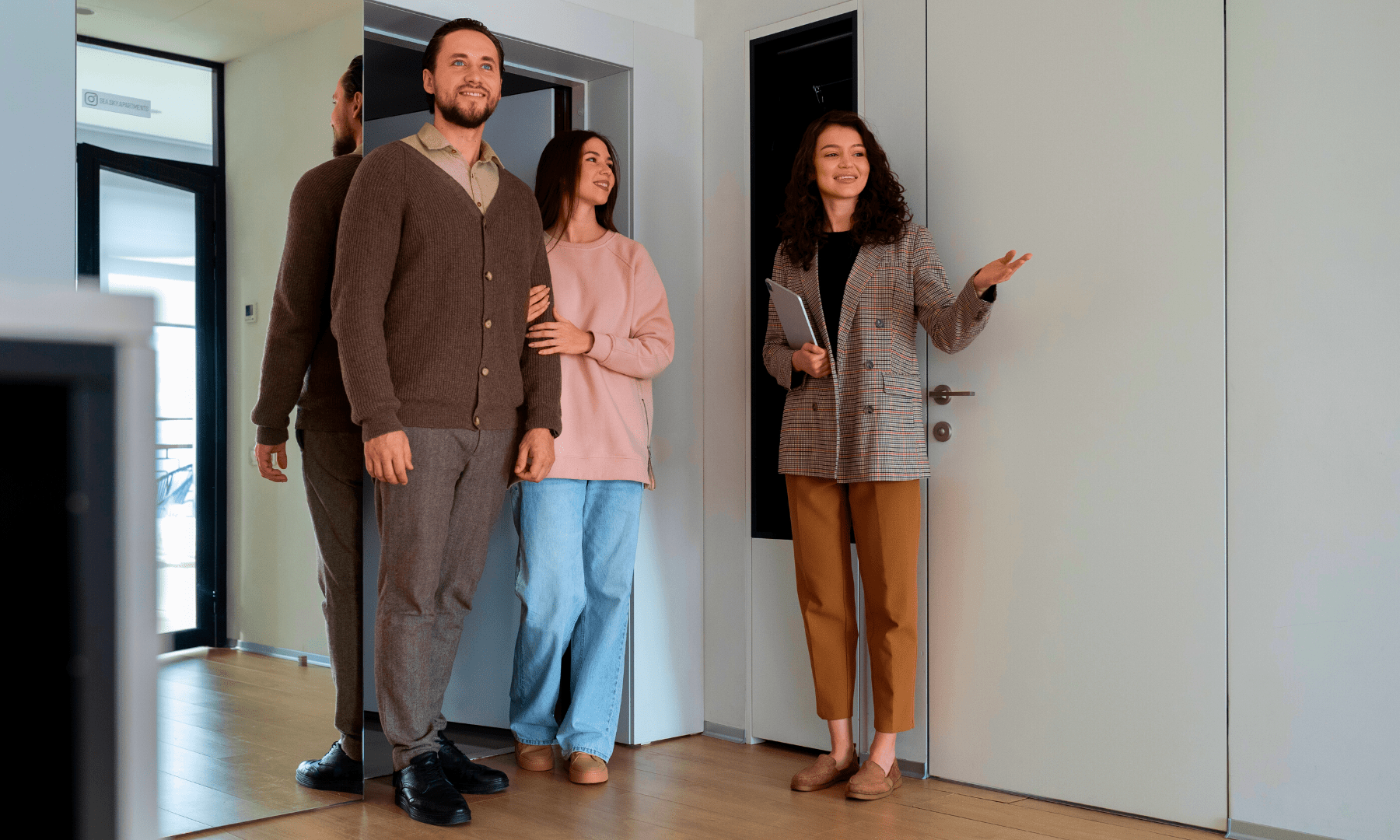The Philippines is an ideal place to live for many, but newcomers may be overwhelmed by the time they want to relocate here. Fortunately, the Filipino people can ease the adjustment for foreigners since we have a well-deserved reputation for being kind and hospitable.
Also, the cost of living in the Philippines is relatively inexpensive. As a matter of fact, there is a wide variety of affordable lodging options for expats like Asterra, and those who are open to trying some local food will also discover that dining out does not have to break the bank.
Furthermore, affordable and high-quality medical treatment is also available. Private hospitals in big cities have sufficient resources, whereas conditions in rural regions might be subpar.
The Big Question: Can a Foreigner Buy A Condo in the Philippines?
Although land ownership is not allowed for foreigners, they can still have a great home option if they want to live here in the Philippines.
As compared to renting or signing a long-term lease agreement, buying a condominium is the most practical and affordable alternative for non-Philippine citizenship looking to buy and own a home in the Philippines.
RA 4726 or the Philippine Condominium Act
Under the Philippine Condominium Act, or Republic Act 4726, foreign nationals are allowed to purchase condominium units in any condominium structure, provided that the percentage of foreign ownership of such project does not exceed 40%.
A condominium building with 100 units is one example. Foreigners of any nationality shall be limited to no more than forty of the condominium units in one building. On the other hand, Filipino citizens or natural-born Filipinos are required to own the remaining 60 percent of the units.
Foreign ownership of condos is something that has to be regulated, and that’s the job of the condo’s management team or the Homeownership Association. They are responsible for checking the ownership of condos in the building often and thoroughly to make sure that no more than 40 percent of the units are owned by non-Filipino citizens.
Things to Consider by Foreigners before Buying a Condominium Unit in PH
The laws governing land and property ownership in the Philippines forbid foreigners from becoming the sole owners of any real estate holdings. A foreign buyer may purchase a condominium unit in accordance with RA4726, popularly known as “The Condominium Act,” so long as their purchase does not account for more than 40% of the total number of units in the condo building.
Now that you know the answer to the big question, “can a foreigner buy a condo in the Philippines”, here are some things to think about before purchasing a condo unit:
1. Consider both your short-term and long-term goals.
Do you see yourself permanently settling down in the Philippines with your family, or are you only visiting for a short while?
If you plan on staying in one place for more than a few years, buying a condo is a better financial decision than renting. Moreover, a condo unit might be a lucrative investment if you’re seeking a steady stream of supplementary income. Just find a tenant to live there for a while, and you’ll have a steady stream of income every month!
Given that under Philippine law, those people who are not considered a Filipino citizen cannot legally own property without an official marriage to a Filipino spouse or unless they are a legal or natural heir, so investing in condo units in the Philippines is a great option for those from a foreign nation looking for a convenient place to live in the country.
2. Develop a financial plan prior to your purchase.
You should choose a maximum and minimum price range for your real property search before you start looking. You can also contact respectable banks about the mortgage choices they provide to international clients if needed.
Besides, keep in mind that there will be other fees and taxes to pay on top of the Total Contract Amount of the condo property. Some of the transaction fees and other recurring fees that will be included in your real estate property in the Philippines are:
– Capital Gains Tax
– Documentary Stamp Tax
– Transfer Tax
– Title Registration Fee
– Notary Fees
– Association Dues
– Amenity Fees, and
– Yearly Property Tax
3. Having a prime location is crucial.
The community you settle into may either encourage or discourage your chosen way of life. A property in the CBD or nearby the urban land puts you in close proximity to your place of employment, the best schools, the finest shopping and dining venues, and the most exclusive nightlife venues. And condominiums in desirable areas tend to increase in value quickly.
Although hunting for a home outside of a city’s central business district or in a rural land might be just as frantic, developers are now selling suburban-themed condominiums in the country, where buyers can get away from the commotion of the metro and enjoy some peace and quiet. Moreover, you may make the most of your condo’s rental potential even while you’re not there by listing it on Airbnb or working with the developer’s in-house leasing agency.
A condominium project that has all these qualities is Asterra. Located in greater manila area’s residential land hotspots, Asterra can give you both the conveniences and accessibility of condo ownership while giving you a fair market value as a home investment.
4. Find a group with a shared identity.
It could be a good idea for a foreigner to the Philippines to choose a neighborhood that already has a big expat community.
While the Filipino people would welcome you with open arms and make you feel at home, it is only human for expatriates to look for a place where they can feel at home. Expat clubs in Makati, Ortigas, and Bonifacio Global City can help you get settled in and learn the ropes of living in the Philippines.
Apart from Manila, other major cities with substantial expat communities include Cebu City, Davao City, Clark, and Subic. Moreover, Caloocan, Lipa, Puerto Princesa, and Bacolod City have caught the attention of many investors as promising locations in which to purchase real estate.
5. Consult competent local real estate professionals for advice.
You may not know the ins and outs of buying property as a foreigner. Get the advice of reputable local experts if you want to be sure that you and your investment are safe.
It is recommended that you consult a legal professional to verify the legitimacy of the property title and ensure the legitimacy of the transaction. A licensed broker or other reliable real estate experts will be there to help you every step of the way.
Getting an affordable condominium unit from a trusted developer like Asterra will save you from all the hassles and worries of purchasing property in the Philippines as a foreign national.
Currently, we have existing mid-rise condominium complexes in the provinces of Cavite and Laguna. New developments are also on the way in strategic locations such as Butuan, Cagayan de Oro, Iloilo, and Pampanga.
Check them out and seize the comfort and serenity that these suburban communities have to offer through Asterra!





